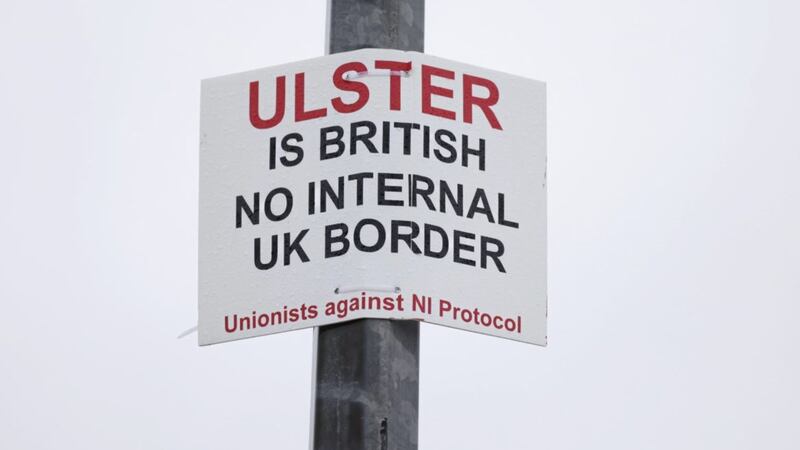I RECENTLY turned down taking part in a radio debate about 'woke' teens prompted by a headteacher in England who lamented the criticism of young people as 'snowflakes'.
She said dismissing their demands for change could lead them to give up on equality and sustainability campaigns.
I imagine disapproval from oldies is likely to motivate them even more, but I also believe the whole 'culture' debate has been dominated by right-wingers with a much more insidious agenda than calling out lefties for choosing 'persons who menstruate' instead of saying 'women'.
Such linguistic lunacy aside, an article in the latest London Review of Books, highlights a more dangerous trend among some prominent Conservatives.
While decrying attempts to 'censor the past' both Robert Jenrick, then communities secretary, and Oliver Dowden, then culture secretary, insisted on the freedom of historians to carry out research into uncomfortable topics without trying to airbrush significant parts of British history.
But it's not woke teenagers chucking statues of slave-owners into rivers that are the real problem. It's the current government that is actively engaged in a campaign to control and change the nature and quality of historical research in Britain and how it's presented.
Cue Tory outrage at the National Trust's Colonial Countryside project which planned to ensure the legacy of slave-owning would be reflected in the 93 properties built on money earned in slave plantations.
"Woke madness" screamed the Daily Mail, which oddly didn't report that the project was widely supported by Trust members.
Dowden said he would ban the use of public funds for the project which he deemed "political", thus overturning the hallowed Haldane principle that decisions on research spending should not be taken by politicians.
A letter signed by 175 historians also denounced the altered UK guide for applicants for British citizenship which they said was "fundamentally misleading and in places demonstrably false" in its account of the slave trade and the process of decolonisation.
The first version in 2004, under a Labour government, acknowledged the presence of enslaved people in Britain in the 18th century and pointed out that they had played a significant role in securing their emancipation.
The Tory remake characterised it as a gift from enlightened British people on moral grounds and omitted the fact that tens of thousands died on British slave ships, instead blandly preferring to "horrible conditions" in their transportation.
More recent history also dropped all reference to the appeasement pursued by British governments in the 1930s which is described as "the British government tried to avoid another war".
Hitler's racism, mentioned in earlier versions, is omitted as is antisemitism. Incredibly, the word Holocaust doesn't come up either.
The process of decolonisation was a smooth transition from empire to commonwealth, with countries "granted their independence", ignoring the millions of deaths that came with the partition of India, the Mau Mau rebellion in Kenya and the "emergency" in Malaya - so called as London- based insurers would not have paid out in instances of civil wars.
And this government is actually commissioning an 'official' history of the troubles in Northern Ireland? No doubt it'll probably be along the lines of 'Gallant British fight to keep warring sectarian factions apart'.
****
JEFFREY Donaldson was beside himself with glee at the Red C poll which suggested that 60 per cent of people in the Republic would like to see a united Ireland, but the figure dropped to just 40 per cent when respondents were asked if they would be prepared to pay higher taxes to make it happen.
Ignoring the less palatable figures that showed support among the 18-34 year olds was 67 per cent, he took to Twitter to say support was "remarkably low" and it debunked the idea that a united Ireland was inevitable.
I'm not sure how many people in any country would be happy to give up their flag and national anthem for an undefined future state but I'm willing to bet an opinion poll that asked people in Britain about Northern Ireland would not make happy reading for unionists.
According to a YouGov poll in 2019 more than half of all Brits (54 per cent) said they wouldn't be bothered either way by NI leaving the UK. And in spite of its official name as the Conservative and Unionist Party, 53 per cent of Tory voters said they wouldn't care if the region left.
Ah Jeffrey... if you got 60 per cent in favour of Brits holding on to the wee six, you'd have cause to celebrate.
Do you remember the gable wall that said "Ulster is British"? Someone wrote "So was Hong Kong" underneath. So was Barbados.








